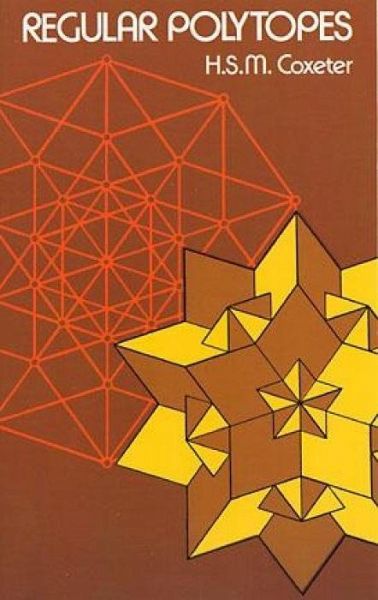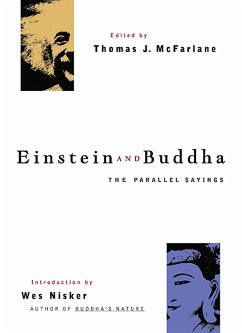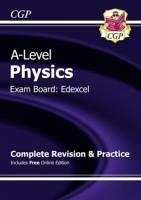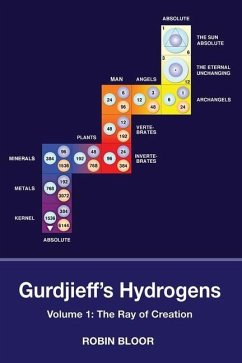
Regular Polytopes
Versandkostenfrei!
Versandfertig in über 4 Wochen
13,99 €
inkl. MwSt.

PAYBACK Punkte
7 °P sammeln!
Foremost book available on polytopes, incorporating ancient Greek and most modern work. Discusses polygons, polyhedrons, and multi-dimensional polytopes. Definitions of symbols. Includes 8 tables plus many diagrams and examples. 1963 edition.












